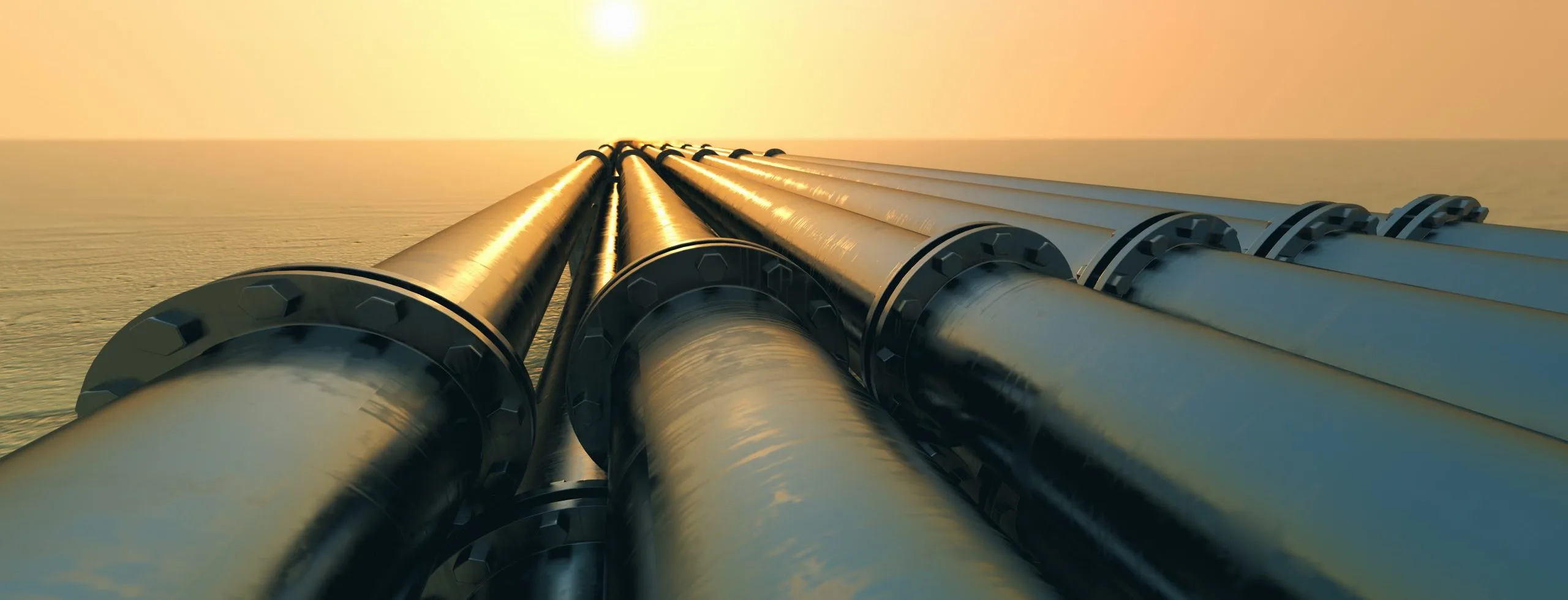
Cefic comment on Eurogas study “A Pathway to a Carbon Neutral 2050: The Role of Gas“
Cefic supports the European Green Deal and Europe’s ambition to go climate neutral by 2050. Our European chemical industry can play a crucial role in Europe’s transformation towards an energy-efficient and climate-neutral future as our sector develops breakthrough materials and supplies fundamental building blocks to almost every other industry. In these operations, gas has an important role; we use gas both as an energy source to power our operations and as a raw material to build a wide range of chemicals which, in turn, are essential raw materials for other European industries. In fact, in 2017, the European chemical industry supplied 36% of its overall energy needs with gas, an amount equivalent of 18.8 million tonnes of oil. As such, access to affordable, and increasingly climate-neutral gas remains vital for our sector for the years to come.
As we look at future emission reduction pathways and our sector’s use of gas, we estimate that in the coming decades the chemical industry could replace natural gas progressively by electrification of processes and by gradually switching to climate-neutral or renewable gas and hydrogen. However, before we get to this stage, fulfilling the chemical industry’s feedstock and energy needs may drive us to climate-neutral alternatives like natural gas in combination with Carbon Capture and Storage (CCS) – and possibly later towards Carbon Capture and Utilisation (CCU), as also outlined in Eurogas’s study.
For the chemical sector to deliver further emissions reductions from our operations, access to affordable low-carbon energy to electrify our operations will be crucial in the future. However, the current cost to fully electrify many of our processes is high (between €20 – 27 billion/year for investment requirements estimated by Dechema, 2017) and would require widescale access to renewable energy sources that Europe does not yet have today. As such, in this stage of transition where climate-neutral electricity, hydrogen, and CCU are not yet broadly available and globally competitive, the chemical industry sees the use of natural gas with CCS as a promising pathway to transition our operations towards climate-neutrality, as the International Energy Agency and others have also identified.
Next to the challenges to source our sector’s future energy and feedstock needs comes the need for existing and well-functioning energy markets. Today, European industries are benefiting from historically competitive gas costs, thanks to the continuous technological progress made the current carbon pricing system, Europe’s market liberalisation efforts, and Liquefied Natural Gas (LNG) trading benefits. As outlined in the Eurogas study, and confirmed by many other recent studies, for Europe to become climate-neutral a well-established gas market with an efficient infrastructure will be critical. Likewise, for the European chemical industry, a well-functioning gas market offers a head-start to the upcoming energy sector integration, bridging climate-neutral gases, like natural gas with CCS, biogas and hydrogen with climate-neutral electrons from renewables or nuclear origin.
All in all, the European chemical industry could benefit from the gaseous pathways outlined by Eurogas. However, it is important to note that for climate-neutral gas and electricity to replace conventional energies and feedstock we will need to even further develop the existing CCS technology and other infrastructures, like electricity storage in the coming decades. For the European chemical industry, electrification of processes and the use of hydrogen are all dependent on necessary frameworks and innovation advancements that are yet to materialise.
As Cefic, we welcome the thorough exercise Eurogas has made in mapping out alternative, possibly more cost-efficient pathways towards reaching EU’s climate ambition. It is crucial to involve all stakeholders in identifying the innovative solutions that avoid or significantly reduce high costs of the transition to the European economy and the European citizens. We look forward to working together with Eurogas and other sectors to realise the cross-sectoral solutions needed for the transformation of our industrial ecosystems.












